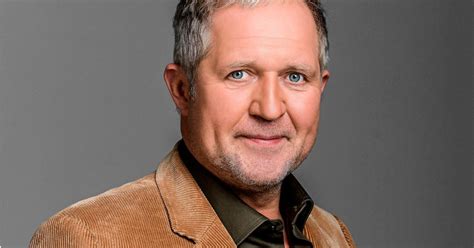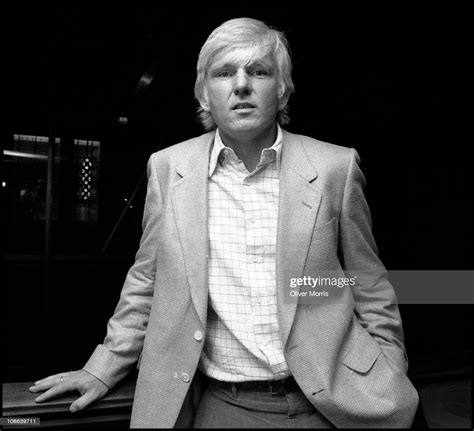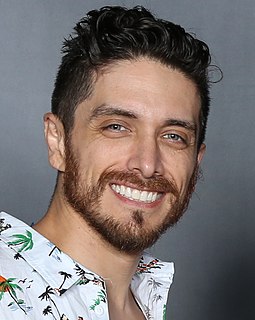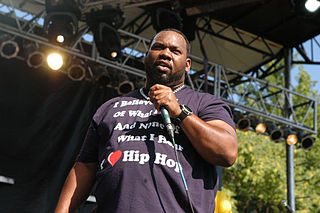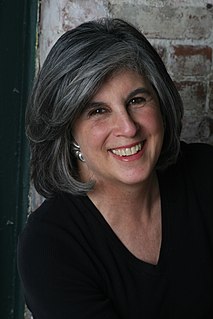A Quote by Paul S. Kemp
I always work from outline and almost always write out of sequence. It just works for me.
Related Quotes
It was a roller-coaster process. For a long time I had no idea what I was doing. I wasn't writing with an outline. And, rare for me, I wrote scenes out of sequence. . . . I didn't understand the play when I wrote it. It was something I'd give in to. It happens to me periodically. I give over and write whatever comes to me and I don't know what it means and then I do. It's thrilling.
I try to outline. I'm a lazy outliner. I will put the points down of each chapter or series of chapters, but it always changes. For me it's a place of evolution. I don't really know who the characters are. I don't really know what the story is. I outline and that really just gets me moving. It's like I'm drawing up fake maps, but they turn out to be correct.
I always write to the moment. I've always been that kind of emcee. I don't wanna come in with all the paperwork and all o' that or whatever. That's good when you just an emcee from off the block that really don't have to work as hard as the next man. But when, you know... Y'all make me write like this, from, I guess, me makin' a classic and everybody callin' my stuff classic material - that makes me have to work ten times harder. But a lot o' times things just happen at the moment for me: spur o' the moment. That's just how it goes sometimes.
I'm sort of a pressure writer. If somebody says, "Stan, write something," and I have to have it by tomorrow morning, I'll just sit down and I'll write it. It always seems to come to me. But I'm better doing a rushed job because if it isn't something that's due quickly, I won't work on it until it becomes almost an emergency and then I'll do it.
The problem I've always discovered in my own work when this kind of thing happens when you hit the wall is there's almost always a reason. You've almost always made a mistake in the initial conception of the project. You misapprehended something or you thought something would work and now you're three quarters on the way through and you see that it doesn't work.
I was entirely wrapped up in the idea of becoming an actor. I learned how to write on the job, basically out of necessity. I always thought it'd be fun to write something, but it never was an ambition of mine, per se. I just thought, "Well, maybe I'll do it one day just for the hell of it and see if it works."
